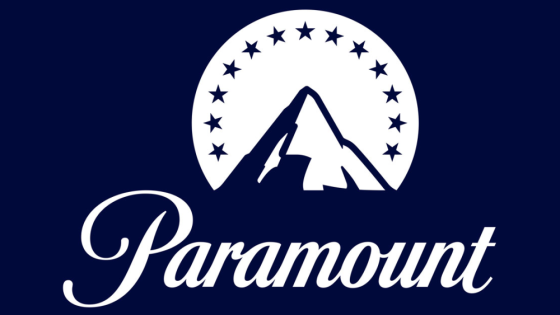French film group MK2 (“Anatomy of a Fall”), a family-owned company operating an independent cinema circuit in France and Spain, reached a milestone with the theatrical performance of “Kaizen,” a documentary film about 22-year old YouTube star Inoxtag which sold an estimated 350,000 tickets from 1,000 screenings in a single day.
The two-and-a-half-hour inspirational documentary sees Inès Benazzouz aka Inoxtag, a charismatic Parisian who doesn’t practice sports and nevertheless embarks on an epic mission to climb the world’s highest peak, the Everest, within a year.
MK2 released it on Sept. 13 in over 500 theaters (well beyond MK2 venues) across France and French-speaking territories, including Quebec, Morocco and Belgium. Approximately 310,000 admissions were sold in France and the remainder came from overseas. The next day, on Sept. 14, the doc – directed by Basille Monnot — was dropped for free on YouTube where it garnered more than 10 million views.
The performance of “Kaizen” broke the previous record reached by French rapper Nekfeu’s documentary “Les Etoiles vagabondes” which chronicled the marking of his latest album. Released in theaters on a single day, on June 6, 2019, the musical docu had sold approximately 92,000 admissions.
MK2, which co-produces and sells internationally movies by revered filmmakers, such as Joachim Trier, Justine Triet and Celine Sciamma, had sensed that “Kaizen” would be a hit based on the whooping pre-sales — 200,000 tickets in the 10 days that preceded the theatrical launch. The huge popularity of Inoxtag was obviously a big draw, considering his social media following, with 8 millions subscribers on YouTube, 5.9 million on TikTok and 5.2 million on Instagram.
But still, MK2’s co-CEO Elisha Karmitz, says the company was stunned by the hype triggered by the documentary in theaters, attracting a wide range of people from big cities to rural areas. “We thought it would be a success, and that’s why we scheduled it in 350 screens, but it was like a tidal wave and a level of enthusiasm that we hadn’t seen before,” said Karmitz, who points that “more than 40% of the screens that are playing the documentary are arthouses in small cities throughout France.”
Karmitz says it was important for Inoxtag that the film played in smaller towns where many of his fans are. And while the documentary had a commercial roll-out in theaters on Sept. 13, it was released for free on YouTube, which Karmitz says, was another thing that Inoxtag wanted. “He turned out generous offers from paid platforms to have his film play on the platform for free so that would bring together his community.” The experiment marked the first time a film was launched for free on YouTube a day after its theatrical release, per Karmitz.
In France, MK2 has been at the forefront of efforts to bring YouTube creators and their audiences to theaters for several years, as well as address young moviegoers, notably via mk2.Alt, its new banner dedicated to alternative programming.
Along with its previously launched label ‘YouTube Cinema Club par MK2,’ the company created mk2.Alt this year and released Steve McQueen’s “Occupied City,” a four-hour documentary on the Nazi occupation of Amsterdam during the war, in April; as well as “Tehachapi,” directed by French street artist JR about inmates at a maximum security prison in California, in June.
“Last year, the world of exhibition went through a major upheaval with the release of Taylor Swift’s The Eras Tour; it topped the box office in the U.S. and marked a turning point,” says Karmitz, who argues that alternative programming and event screenings like “Kaizen” can potentially lure younger crowds in theaters on more regular basis.
“The latest study on youth attendance shows that young people like going to the cinemas but their use is less frequent,” says Karmitz, citing that the “average of 6.6 times per year before the pandemic dropped to 4.4 times after” according to that report.
Having recently participated in a commission hosted by the National Film Board (CNC) to support initiatives to entice young moviegoers, Karmitz says one of the keys to appeal to gen-Z demographics is to tap into their growing desire to “build relationships with content creators.”
Source Agencies



